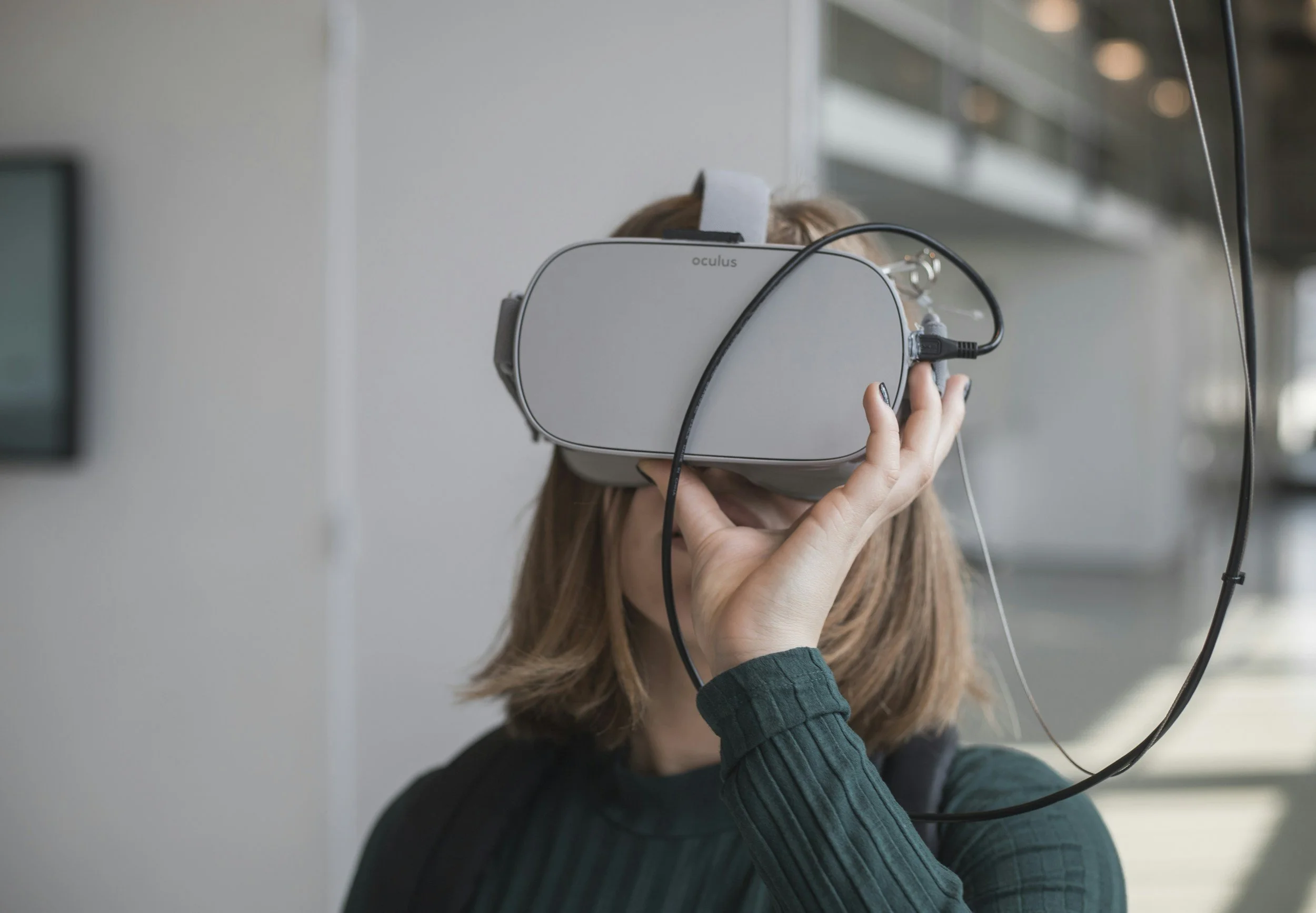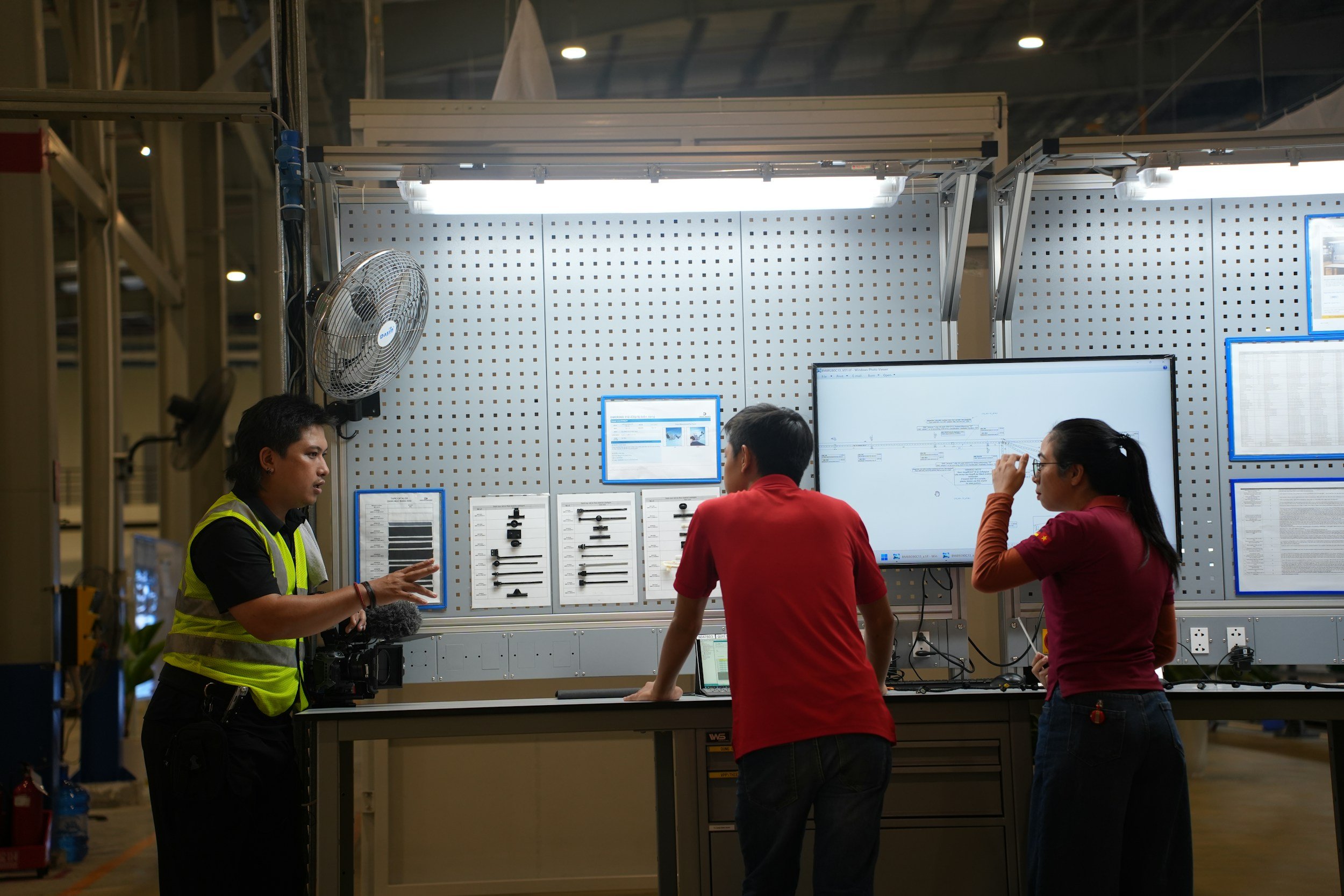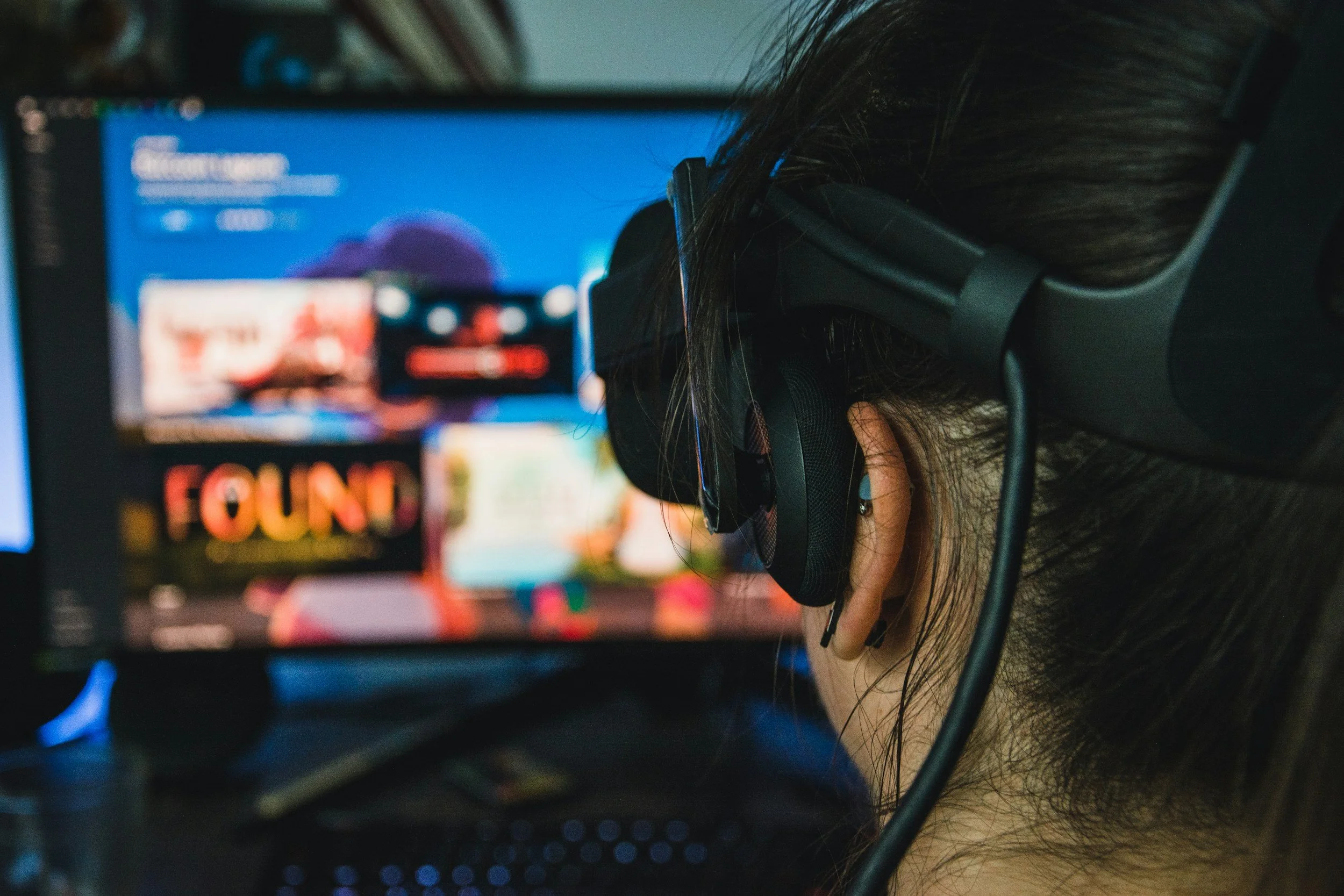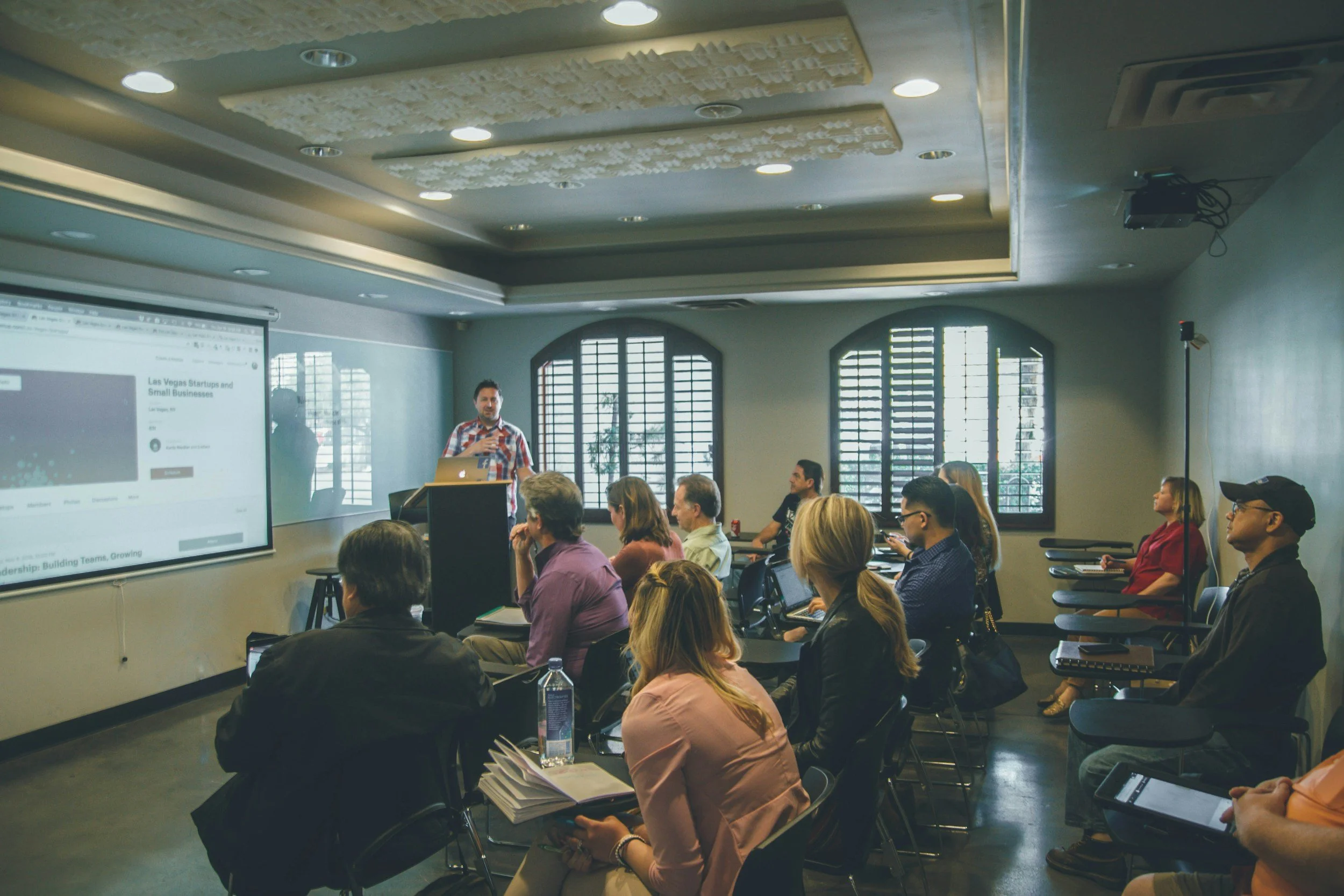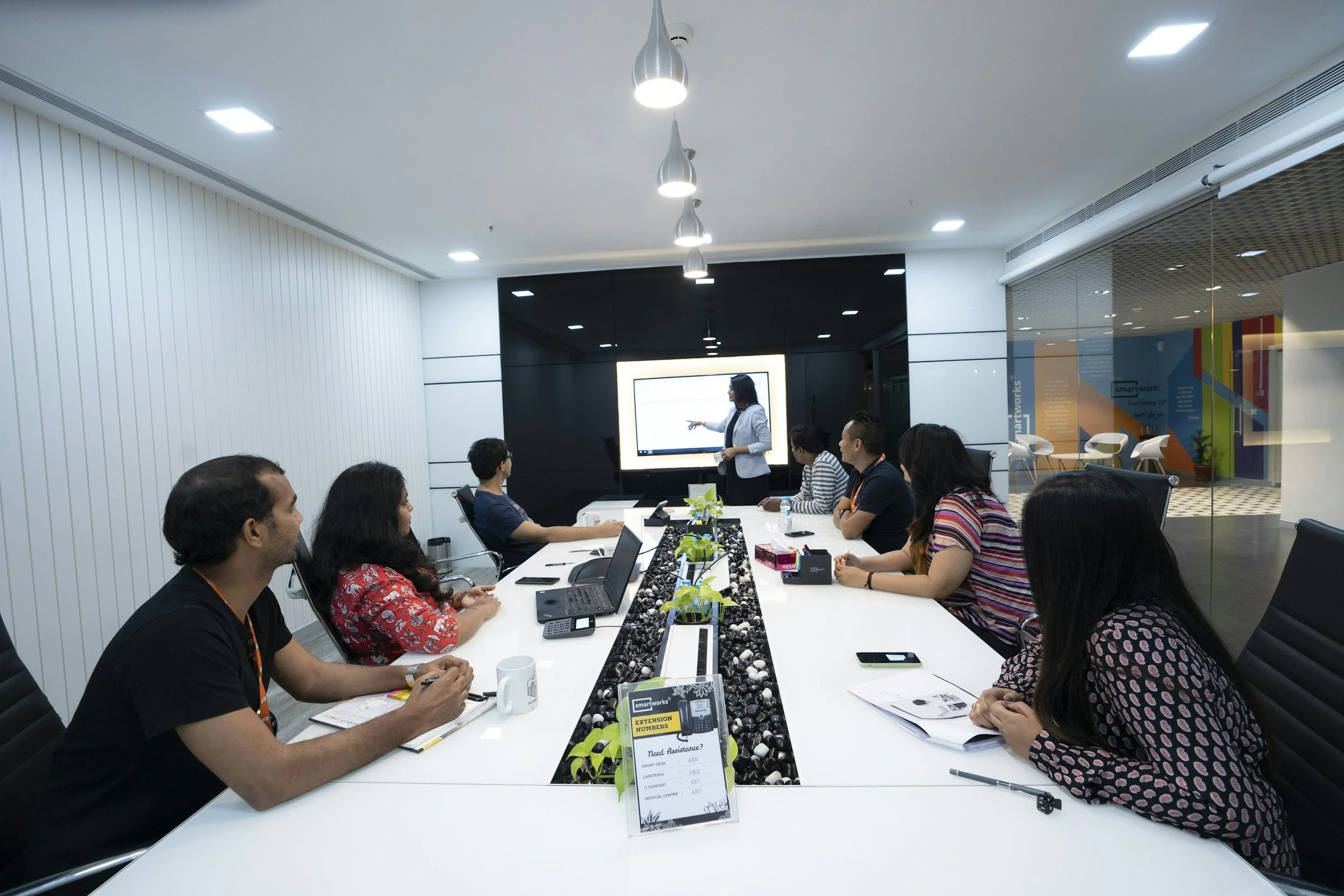Virtual reality training (VR training) is no longer a novelty reserved for global enterprises with large innovation budgets. For small and medium-sized enterprises (SMEs), virtual reality training is becoming an increasingly practical way to reduce risk, improve performance, and build capability at scale. The challenge is not whether VR training works, but how to implement it in a way that delivers long-term value rather than short-term excitement, particularly in operational environments where safety, consistency, and decision-making under pressure matter every day.
Read MoreGame based learning is no longer a niche idea borrowed from education or entertainment. In the corporate world, it is increasingly used as a serious, evidence-led approach to building capability, shaping behaviour, and reducing risk. As organisations encounter skills gaps and greater operational pressure, traditional workplace training models are often struggling to deliver the depth of learning businesses actually need.
Read MoreTraditional workplace training often struggles to keep pace with modern business demands. Slide decks, passive eLearning modules, and one-off workshops may meet compliance requirements, but they rarely change behaviour or improve performance in a lasting way. Immersive training offers a different approach by placing learners inside realistic experiences where they can practise decisions and build confidence before those skills are required on the job.
Read MoreFor many organisations, eLearning courses appear to be working. Content is live and modules are completed. Dashboards show healthy completion rates. On paper, the problem looks solved.
But the outcome is often the same. Employees go through the motions and compliance boxes are ticked. The training does not stick, and progression rarely carries through into day-to-day performance.
Read MoreModern organisations face a growing challenge. Learners have less time, more distractions and higher expectations for digital training. Traditional courses struggle to keep attention or build the depth of understanding needed for long term performance. Businesses need eLearning that can create behavioural change, not just information access.
Read MoreGamification in e learning offers a more effective path. When built on behavioural science and practice-based learning, it turns training into active skill development. At Totem Learning, we apply these principles across serious games, simulations and gamified eLearning to help learners think, decide and perform with greater accuracy.
Read MoreImmersive learning has firmly moved into the mainstream. It is a practical, proven approach that transforms how organisations develop their people. Instead of relying on static slides and passive content, immersive learning places individuals inside realistic scenarios where they can practice skills and make decisions in a controlled environment. Learners can then observe the results of those decisions without any real-world risk.
Read MoreCorporate training is changing rapidly. Employees want learning that feels meaningful, while organisations need clear evidence that development programmes improve performance. Virtual reality training meets both expectations. It replaces passive instruction with immersive, hands-on experiences that build confidence and capability.
Read More
